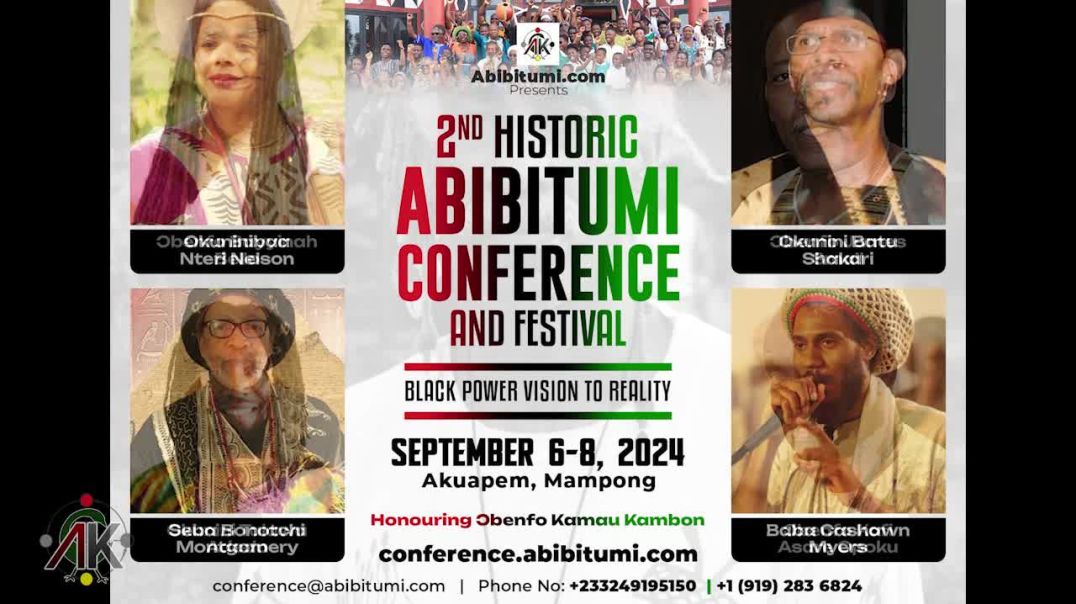Group Purchasing Organizations (GPOs) represent a collective buying strategy, enabling businesses and organizations to pool their purchasing power to secure lower prices for goods and services. This model, deeply rooted in cooperative economics, offers a pathway for stimulating economic independence and growth within marginalized communities for families and individuals. For the African American community, the establishment of GPOs can be a transformative strategy, embodying principles advocated by scholars such as Amos N. Wilson, Dennis Kimbro, and George C. Fraser. These authors have underscored the importance of economic self-reliance, community support, and strategic planning in achieving collective prosperity and empowerment.
GPOs operate by leveraging the collective buying power of their members to negotiate better terms with suppliers and manufacturers. This approach can significantly reduce costs, increase access to quality goods and services, and strengthen the bargaining position of smaller entities that might otherwise be at a disadvantage in the marketplace. It is important to acknowledge and recognize that this type of agreement is private amongst its members and those operating the process. There is no third to ask or submit information regarding the GPO unless the direct formation of the membership calls for such a process. An example would be if all members decided to form a legal business entity.
Amos N. Wilson, in his critical work, emphasized the need for African American communities to harness their economic power for collective development. Wilson argued that economic empowerment is a critical step towards achieving true independence and self-determination (Wilson, 1998). By adopting the GPO model, communities can actualize Wilson's vision, creating a cooperative economic framework that supports local businesses, fosters community development, and reduces economic disparities.
Dennis Kimbro's research on wealth creation among African Americans highlights the importance of collective action and entrepreneurship in building prosperous communities (Kimbro, 2012). Kimbro suggests that by pooling resources and focusing on economic cooperation, African American communities can create sustainable businesses that support community development and wealth generation. GPOs embody this principle, facilitating collective purchasing that supports member businesses and contributes to the overall economic health of the community.
George C. Fraser has been a vocal advocate for the power of networking and forming strategic alliances within the African American community (Fraser, 2004). Fraser's work underscores the importance of building strong, mutually beneficial relationships to advance economic and professional goals. GPOs can serve as a platform for such alliances, connecting businesses, non-profits, and individuals in a network that enhances economic opportunities and fosters a supportive business ecosystem.
To effectively implement GPOs in the African American community, several steps are essential:
- Community Engagement and Education: Raising awareness about the benefits of GPOs and cooperative economics is crucial. Workshops, seminars, and community meetings can help educate community members about the advantages of collective purchasing.
- Strategic Planning and Organization: Establishing a GPO requires careful planning, including setting clear goals, defining membership criteria, and developing efficient operational frameworks. Strategic alliances with local businesses, community leaders, and other stakeholders are also vital.
- Leveraging Technology: Utilizing technology to facilitate communication, manage transactions, and streamline operations can enhance the efficiency and reach of GPOs.
- Monitoring and Evaluation: Regular assessment of the GPO's impact on member businesses and the community at large is necessary to ensure that the organization remains aligned with its goals and responsive to the community's needs.
Group Purchasing Organizations offer a powerful model for economic empowerment and community development within the African American community. By embodying principles advocated by Amos N. Wilson, Dennis Kimbro, and George C. Fraser, GPOs can stimulate an independent marketplace, foster cooperative economics, and pave the way for sustainable economic growth and self-reliance. As communities mobilize to establish GPOs, they embark on a transformative journey towards collective prosperity and empowerment.
References
- Wilson, A. N. (1998). *Blueprint for Black Power: A Moral, Political, and Economic Imperative for the Twenty-First Century*. New York: Afrikan World InfoSystems.
- Kimbro, D. (2012). *The Wealth Choice: Success Secrets of Black Millionaires*. New York: Palgrave Macmillan.
- Fraser, G. C. (2004). *Success Runs in Our Race: The Complete Guide to Effective Networking in the Black Community*. New York: HarperCollins Publishers.










